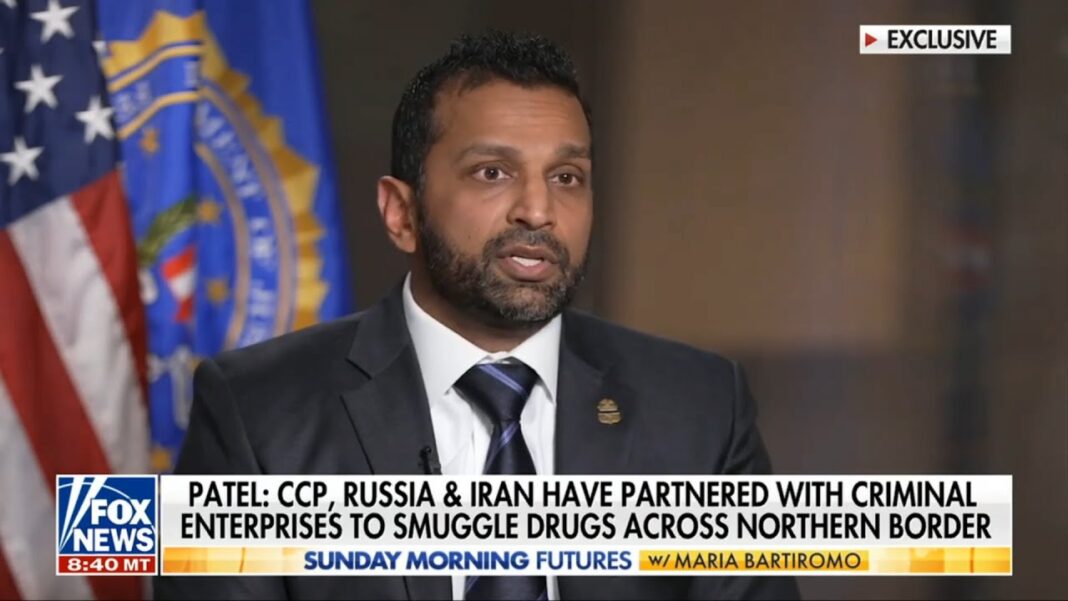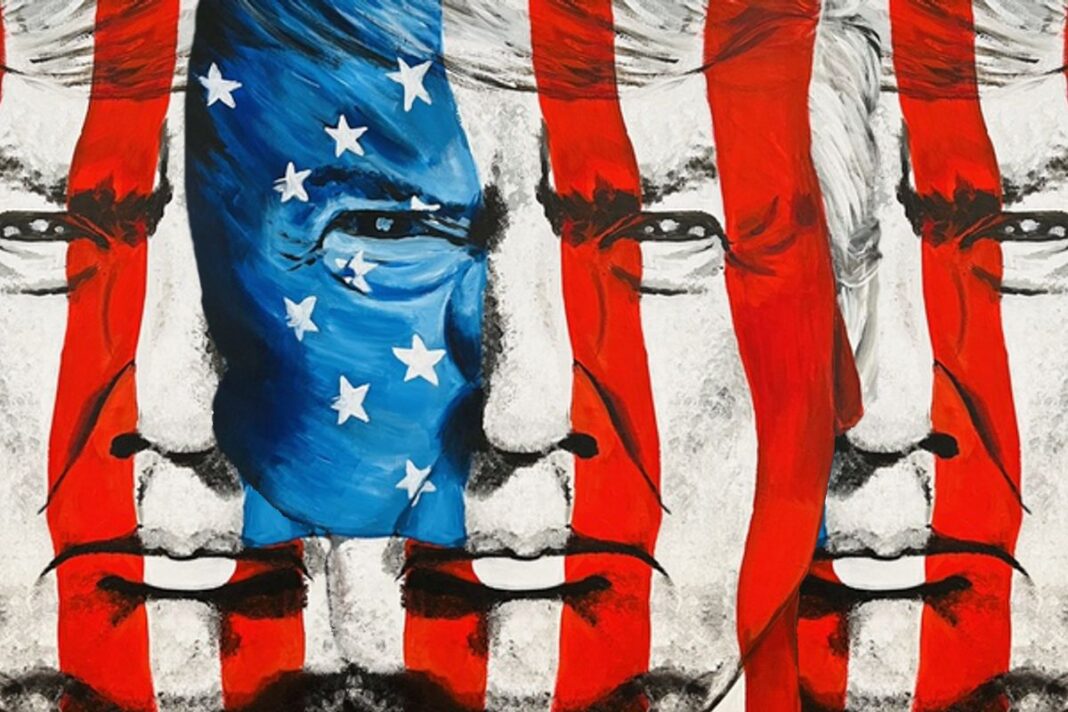Treasury Secretary Scott Bessent said that those who fail to negotiate in good faith will receive a letter notifying them of the tariff they will face.
Treasury Secretary Scott Bessent said on May 18 that reciprocal tariffs could return to the levels set by President Donald Trump on April 2 if trading partners don’t negotiate in good faith.
On April 2, Trump announced a minimum 10 percent tariff on nearly all imports, with higher levies on roughly 60 nations labeled as the “worst offenders” in trade imbalances with the United States as part of an effort to close trade deficits. He subsequently granted a 90-day pause to most countries to allow time for negotiations, while maintaining a baseline 10 percent tariff.
Speaking on NBC’s “Meet the Press,” Bessent said that the final tariff rate would depend on whether trading partners are willing to engage in good-faith negotiations on trade deals.
“Some countries were at 10 percent, some were substantially higher,” he said. “And the negotiating leverage that President Trump is talking about here is if you don’t want to negotiate, then it will spring back to the April 2 level.”
Those who fail to negotiate in good faith will receive a letter notifying them of the tariff they will face, Bessent said.
“This means that they’re not negotiating in good faith,” he added. “So I would expect that everyone would come and negotiate in good faith.”
His remarks followed Trump’s May 16 announcement that Bessent and Commerce Secretary Howard Lutnick will start sending letters in the coming weeks to trade partners outlining the tariffs that will be applied to their goods.
“I guess you could say they could appeal it, but for the most part, I think we’re going to be very fair,” Trump said during an event in the United Arab Emirates on May 16.








